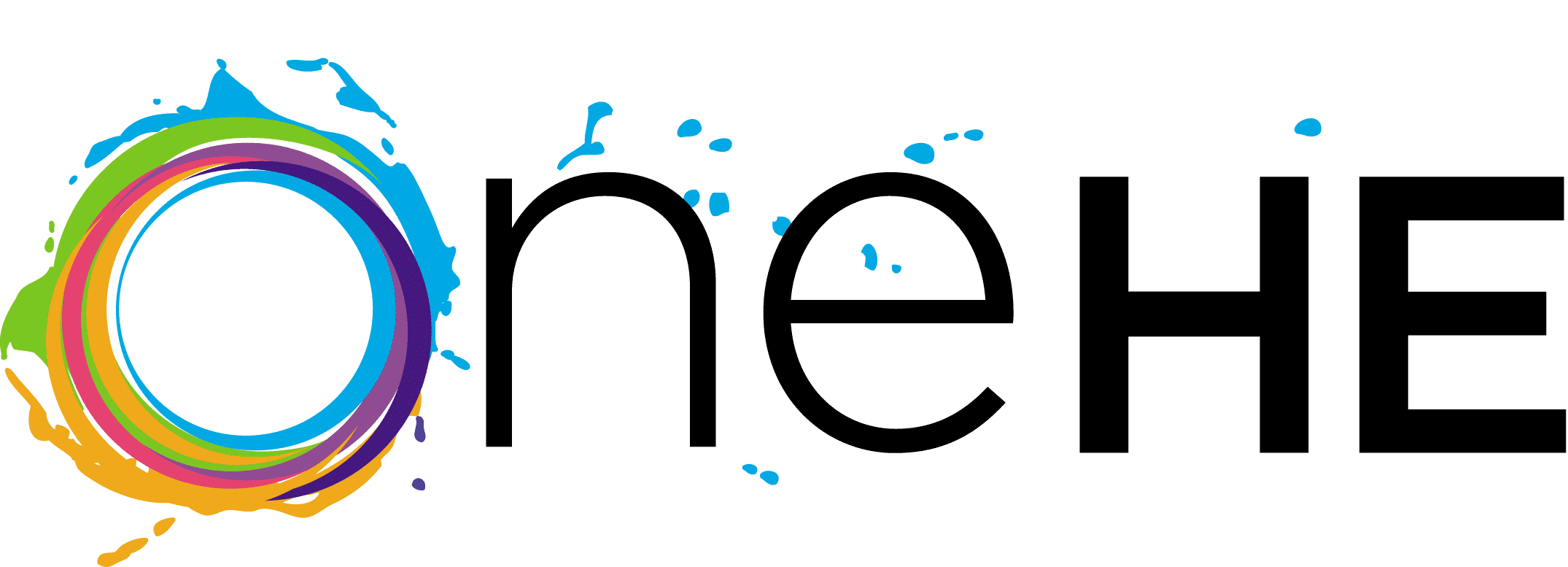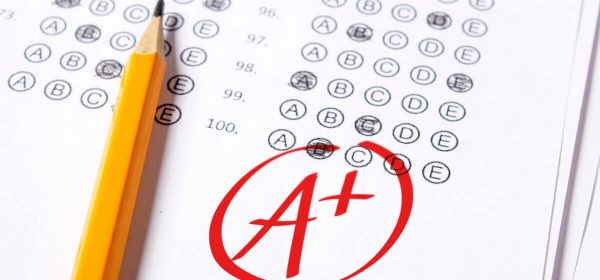
Assessments, Feedback, and Evaluation of Learning
At OneHE, we know that assessment and feedback are essential components of effective teaching and learning, but how do you get started? In this branch, we overview the key concepts in assessment, feedback, and evaluation of learning and highlight the latest innovative practice. Dive into our curated selection of resources to learn more about inclusive assessment, discover the essentials of giving feedback, and tips for how to improve your course and assessment design. By incorporating these into your teaching, you can create meaningful learning experiences that improve student attainment.
Understanding Assessment Practices
Assessment helps us understand how well our students are learning (formative) or have learned (summative). Formative assessment is developmental – it provides us and our students with guidance on how to steer learning and tends to be low stakes. Summative typically concludes the period of learning, is often higher stakes, and involves comparing student learning against a standard or benchmark. Over time, assessment has evolved to be appreciated more as an aid for learning than as a pure record of learning achieved.
Assessments come in a range of formats and designs, as suits the nature of the learning being assessed. While summative assessments like capstone projects have been around for a while, new practices and thinking are emerging all the time, e.g., authentic assessment, which connects academic content with real-life applications, or “ungrading” which challenges the conventions of applying a mark. And there is more interest now about how indirect methods of assessment, such as exit tickets, can help us gain a better understanding of student learning and progress.
Get started
Developing Effective Assessments
Effective assessments have clearly defined assessment criteria and rubrics aligned with specific learning outcomes that ensure transparency and consistency in marking. Check out our course on backward design to understand how learning outcomes, assessments, and course content should align. To learn more about rubrics, look at AAC&U’s work on VALUE which provides educators with rubrics to assess student acquisition of key skills.
The act of assessing is not something that only educators can do. Peer assessment, where students provide constructive feedback to their peers, is a powerful tool that fosters collaboration and self-reflection. Students also benefit from self-generated feedback which can deepen learning.
Get started
Providing Constructive Feedback
Assessment without feedback is of little value. There is a knack to giving feedback that we can all acquire by following the basics. Most important of all is to offer timely and specific feedback that focuses on strengths and areas for improvement. Utilise “feedforward” to guide students by suggesting ways they can improve their learning and stretch themselves.
Beyond these principles, go ahead and experiment. Maybe take a look at the appreciative inquiry model, try out video feedback, or change your feedback model to better support asynchoronous learning. As important as giving feedback is making sure students can use it effectively. Use feedback to foster student self-assessment and metacognition, encouraging them to reflect on their learning progress.
Get started
Embracing Inclusive Assessment Practices
We can all promote equity and inclusion by recognising and valuing diverse student backgrounds and experiences and tailoring our assessments accordingly. Flexible assessment models enable us to offer choices of what is assessed and how it is assessed.
Try to design assessments that accommodate individual needs, such as alternative formats or extended time. Review your current assessments against EDI principles to find areas for improvement. In doing so, you will test for any unconscious biases and ensure fairness and accessibility in your assessment practice.
Get started
Enhancing Academic Integrity
Cheating occurs for several reasons; it’s only by understanding the “why” that we can do something about it. Our introduction to enhancing academic integrity provides this insight and offers ways in which cheating can be disincentivised. It is worth being aware of how our hybrid ways of learning have created new challenges, and that, they too, can be addressed proactively.
One of the key learnings here is to create inclusive learning environments in which some of the root causes of cheating can be isolated and how, through a pedagogy of kindness, we can build trust with our students.
Get started
Reviewing and Improving Your Course
Assessments generate data and there is much we can learn from aggregating and analysing it to improve our instructional strategies and student success. Collect and analyse assessment data to gain insights into learning trends, program effectiveness, and opportunities for improvement. This is helpful for both your own course development and quality assurance and external review. And remember to include the student voice as part of your review.
By understanding the purpose of assessment, embracing innovative practices, and providing constructive feedback, we can create effective assessment strategies that promote student learning and growth. Incorporating authentic assessment, peer feedback, technology-enabled assessments, and inclusive practices will foster a supportive and engaging learning environment. Continually reflecting on assessment practices and leveraging data analysis will help us refine our instructional approaches and enhance student success in higher education.


















